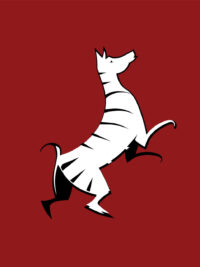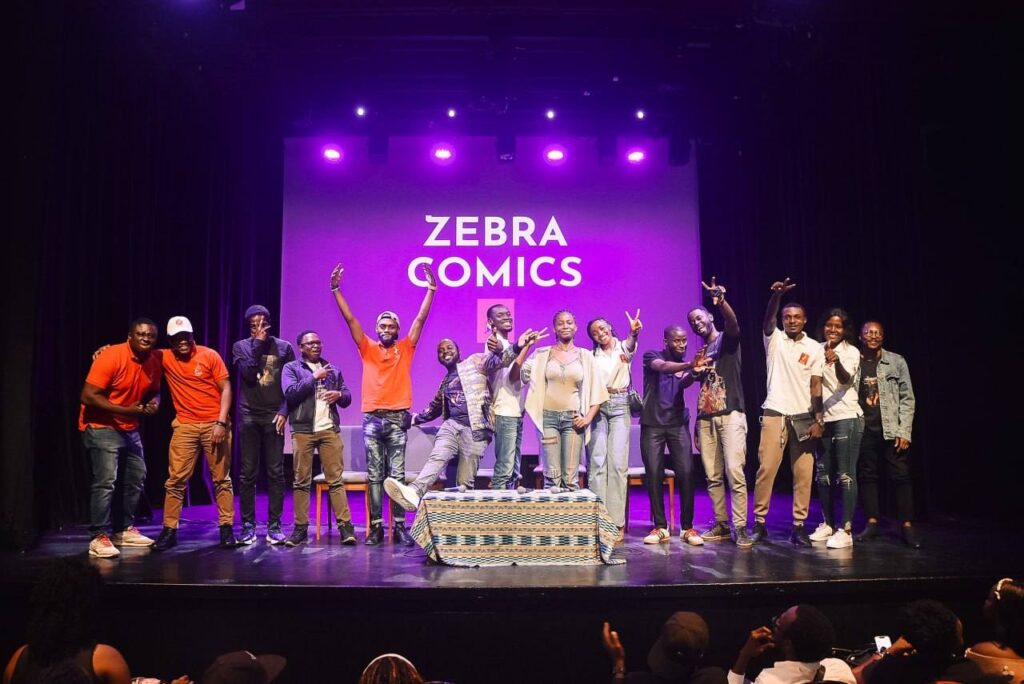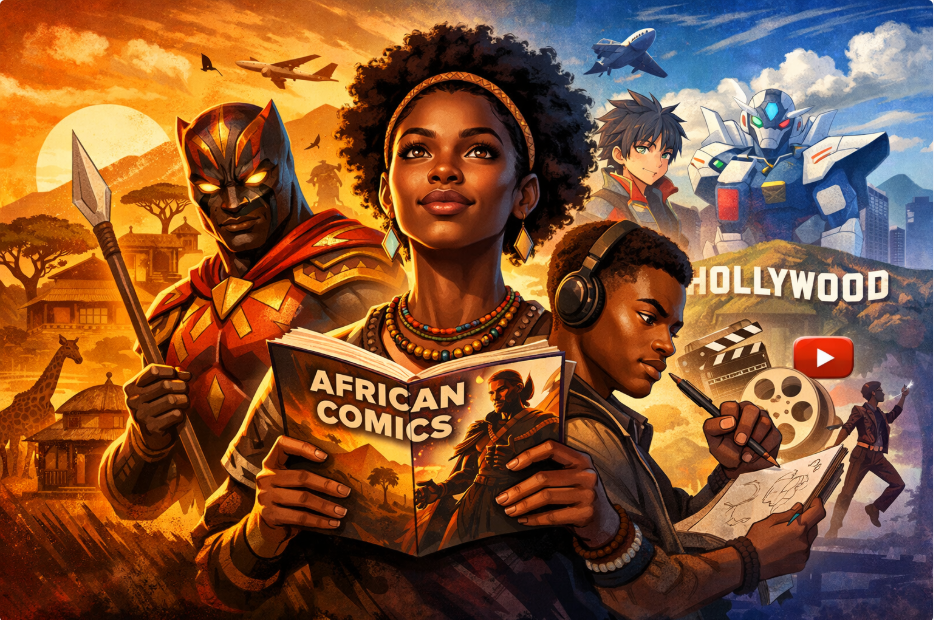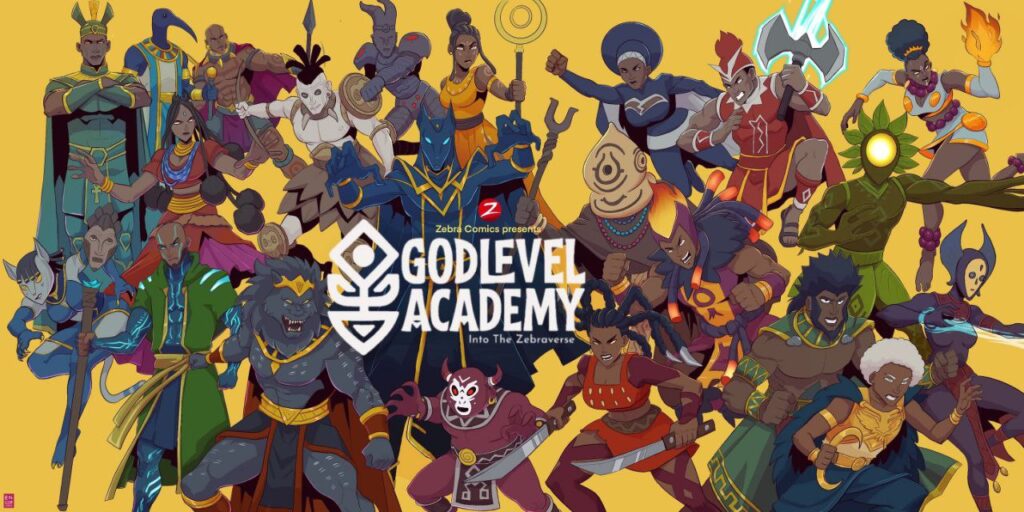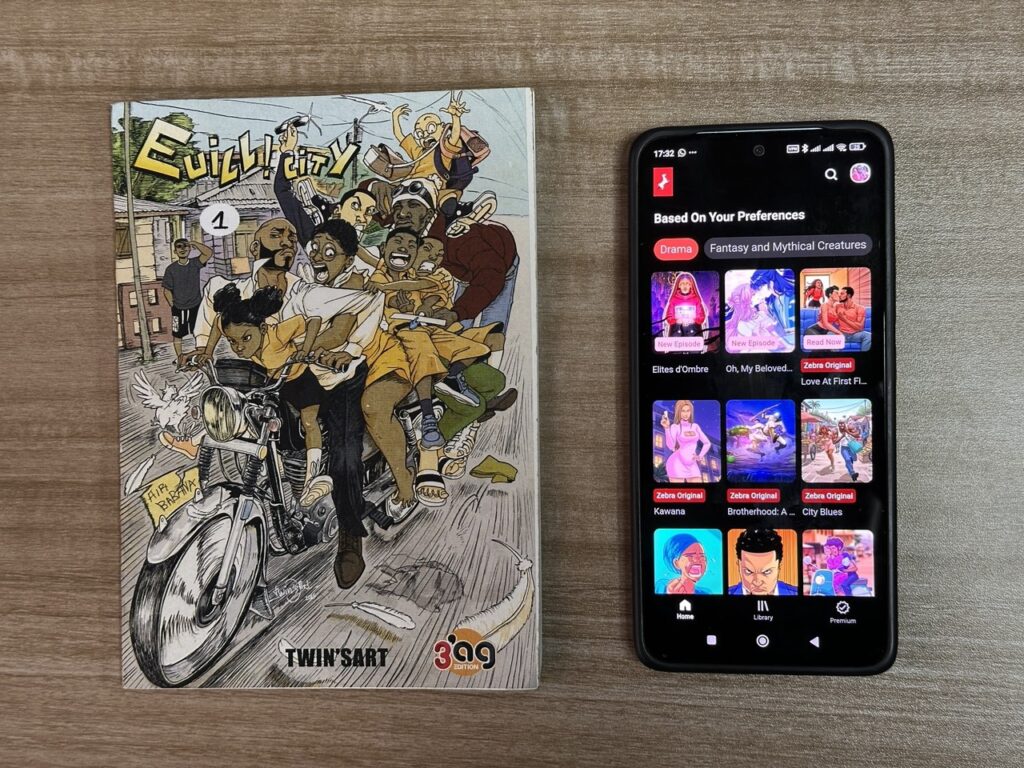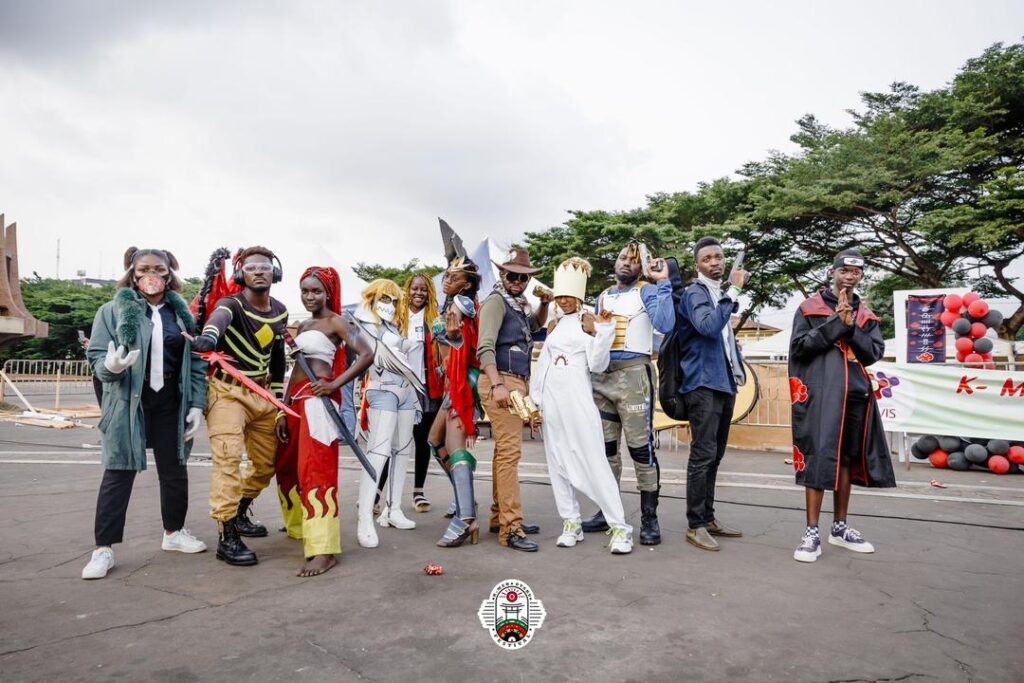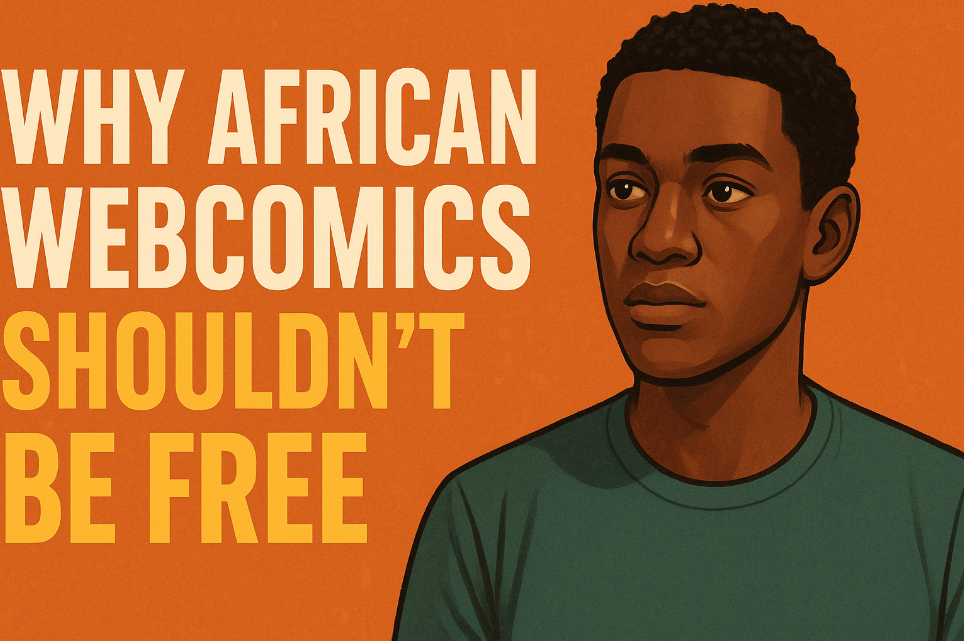Can a Webtoon Be Too Long to Attract New Readers?
Let me admit something as a heavy webtoon reader: When I’m about to start a new series, the first thing I check isn’t the art. It’s not the synopsis.It’s the episode count. And the moment I see 150, 200, or more episodes, I pause. Not because long stories are bad. But because my brain immediately […]
Can a Webtoon Be Too Long to Attract New Readers? Read More »
